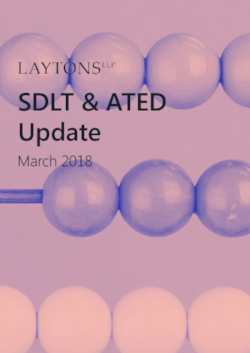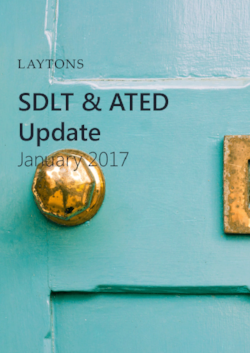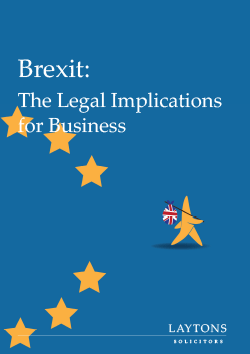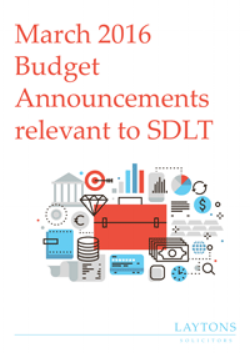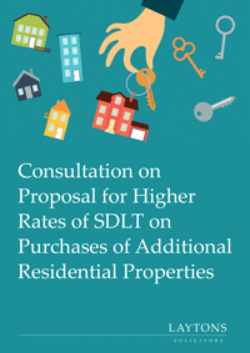Tax | Liquidations & Insolvency
Transactions involving liquidation and insolvency will often have tax implications, and solvent liquidations (commonly referred to as “members’ voluntary” liquidations) are often utilised in tax-planning structures.
It is important for clients to be aware of the tax issues that can arise and to be advised when it is appropriate for a solvent liquidation procedure to be utilised in order to minimise the tax costs.
Our expertise
We work with other professional firms, including licensed insolvency practitioners and colleagues in our Corporate team in advising on and establishing appropriate structures.
Our experience
We have advised on the following:
- liquidation demergers, including applying for statutory clearances
- the tax treatment of distributions in the winding up of solvent companies
- the VAT aspects of liquidations and receiverships
Related Expertise
Our Team
News & Insights
UK insurance and financial services businesses operating in the EU are due to lose their right to passport their Regulatory authorisations to another EU State on 31st December 2020.
This update comments on the latest developments including the shortening of filing and payment window to 14 days from the effective date, what is a “major interest”?, bare trusts and first time buyer’s relief and the Supreme Court decision in Project Blue.
This update comments on the latest SDLT and ATED developments including first time buyer’s relief, higher rates (or 3% surcharge) for additional dwellings (HRAD), SDLT Manual updated to incorporate guidance on HRAD...
Employment lawyers and HR teams are well acquainted with the routine dance involved in the negotiation of settlement agreements. However, it is important to note that HMRC has decided to make some changes which will affect some of the steps taken when negotiating exit payments.
This update comments on latest developments including: higher SDLT rates on purchases of additional residential properties: what counts as a “major interest”? and residential property: whether land which adjoins a dwelling forms part of its “grounds”.
HMRC’s guidance on the higher rate, originally published in March 2016, was updated in November 2016. Those who have not yet read the updated guidance are advised to do so.
Companies that develop video games in the UK, are able to make savings on their corporation tax bill through the Video Games Tax Relief. The Relief can therefore be highly beneficial.
In this briefing we tackle one of the biggest and most uncertain of all Brexit topics: what will happen to our laws after we leave?
The Autumn Statement, presented by the Chancellor on 25 November 2015, included some significant announcements on SDLT on which we commented previously.
On 28th December 2015 the government published a consultation document on the proposal, previously announced by the Chancellor in the Autumn Statement on 25th November 2015 ...


















